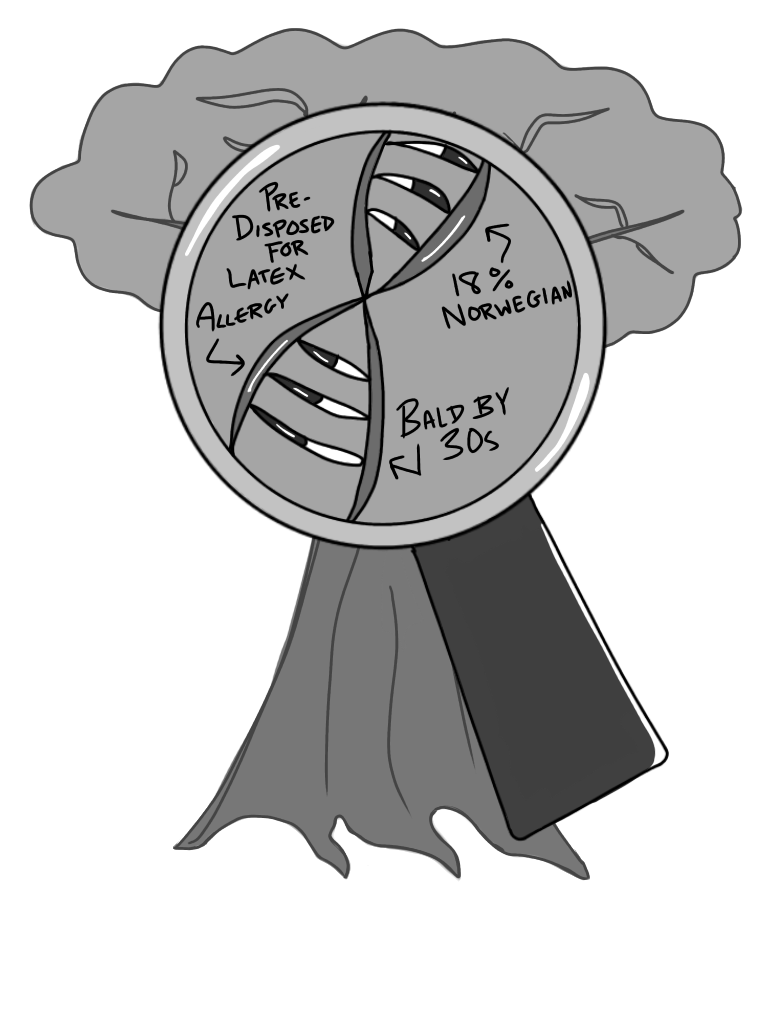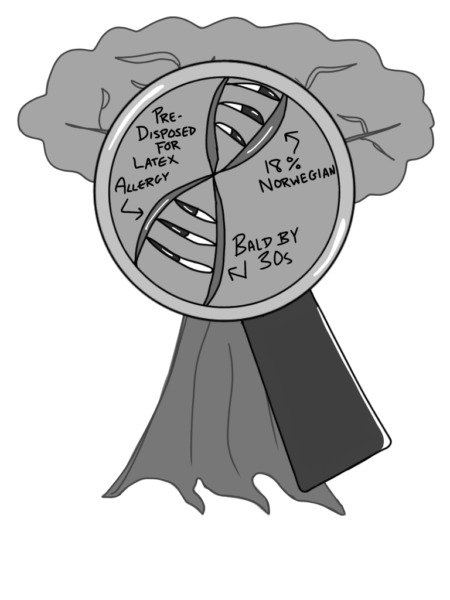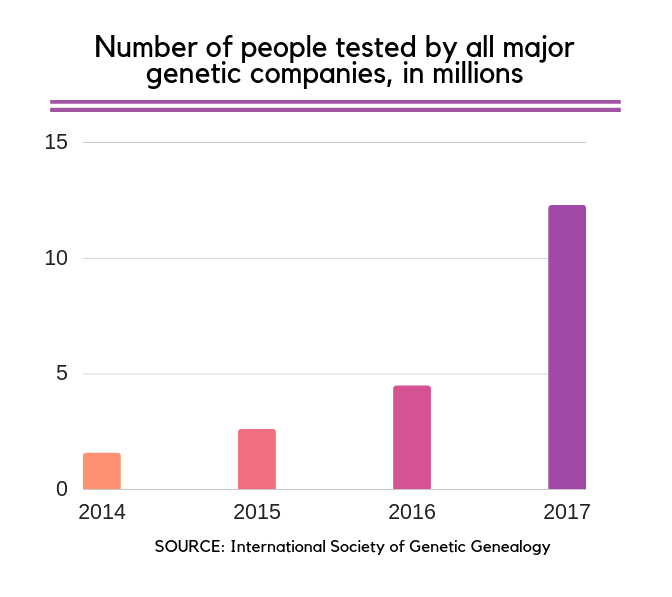
Genetic testing has become more popular and more readily available in recent years.

Determining the potential of diseases and disorders in humans was once thought to be unfathomable. However, since the completion of the Human Genome Project, genetic testing has become a staple in the biological field.
Genetic testing, according to the U.S. National Library of Medicine, is described as “a type of medical test that identifies changes in chromosomes, genes, or proteins.” Genetic tests are used by doctors to recognize or rule out genetic conditions and disorders. In addition, for the millions of people that take such tests for genealogical purposes, they can even reconnect relatives.
Junior Ankur Mathur, an avid follower of genetic testing, weighs in on the rise of genetic testing.
“It’s popular [now] because the technology has been improved so [much so that] it is affordable for most people,” Mathur said.
Genetic testing is a complex process. In the past, it took years to complete a full copy of a human’s genome with the first method of sequencing. Now, with extremely precise equipment, it only take weeks, or in some cases days, to complete. This has made the process of genetic testing cheaper and more accessible.
While some tests, like Ancestry DNA, reveal a person’s heritage and regions of origin, other tests like 23andMe also test for a variety of medical conditions and predispositions. This has stirred up an old debate surrounding the ethics of gaining knowledge about one’s predisposition to certain illnesses and the passage of genes to offspring.
Junior Ryan Oshinsky believes people planning to have children should take a genetic test for medical reasons.
“You have a responsibility … to know if you are potentially going to pass anything on to the child“
“If you’re considering having children, you have a responsibility to the child, to your partner and to yourself to know if you’re potentially going to pass anything on to a child,” Oshinsky said. “I’d love to be tested. Knowing doesn’t change whether or not the condition or predisposition is there, you’re just putting yourself at a disadvantage health-wise [by not finding out].”
While some people are weary of discovering the diseases and disorders they are predisposed to, there are some advantages to acquiring that information—finding out that one has a high likelihood of developing a genetic disease can change how individuals safeguard themselves from increasing their likelihood of obtaining that disease.
For example, wearing sunscreen everyday and covering skin in clothing helps prevent skin cancer. Those who are aware they are predisposed can act accordingly to help prevent the disease.

Some believe that individuals shouldn’t see what genetic illnesses or mutations they are likely to have. For some, when they are given the results about a disease they will have later in life—especially one that is incurable—they feel helpless. Some feel an intense burden if they pass on a specific trait they did not know they possessed. This causes intense distress for many as they feel as though they have failed their child.
As it can carry a large burden on the parents, for some, passing down a deadly disease like Cystic Fibrosis can be a key factor in choosing whether or not to have a child with a spouse.
Biology teacher Richard Whitmarsh has personal connections to those that have the disease and said it can be a factor in choosing a partner.
“The technology has been improved [so much that] it isaffordable for most people“
“What are the chances that their gametes are going to be carrying the recessive allele and are going to combine with your gametes,” Whitmarsh said, “which may or may not have the recessive allele to produce offspring that actually have a disease which manifests itself?”
The shift from genetic tests only existing in classified labs to becoming available to order in a few weeks, along with the increasing popularity of genetic testing has made it easier to follow heritage and reconnect with lost relatives, while igniting an opposition to genetic testing because of the potential emotional burden. As genetic testing continues to grow and expand as part of society, so do the constant scientific discoveries and possibilities for the future.




